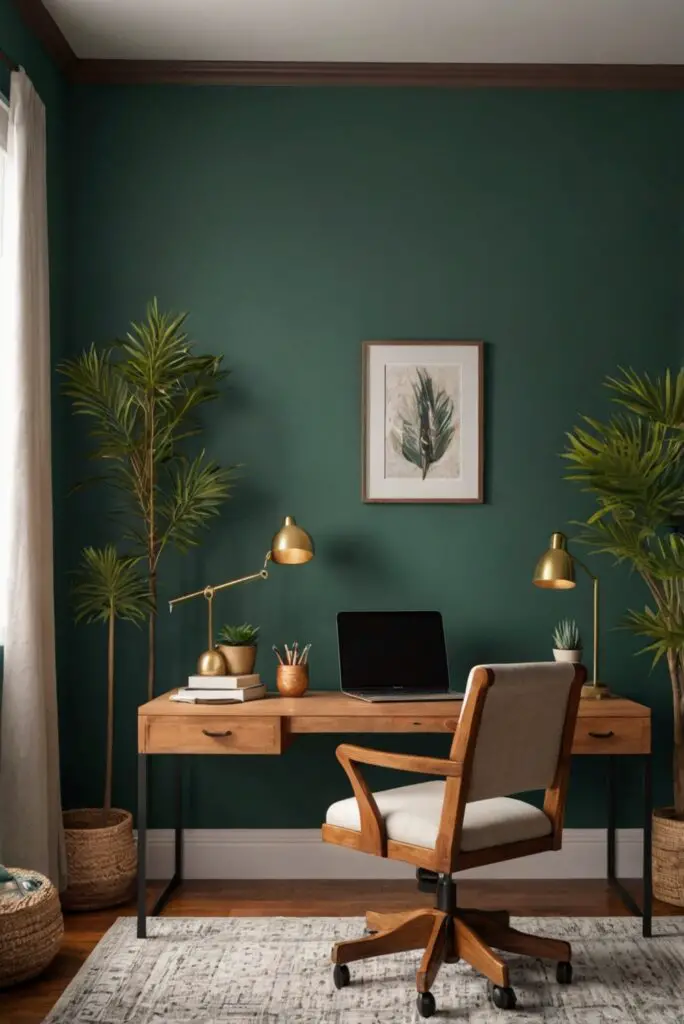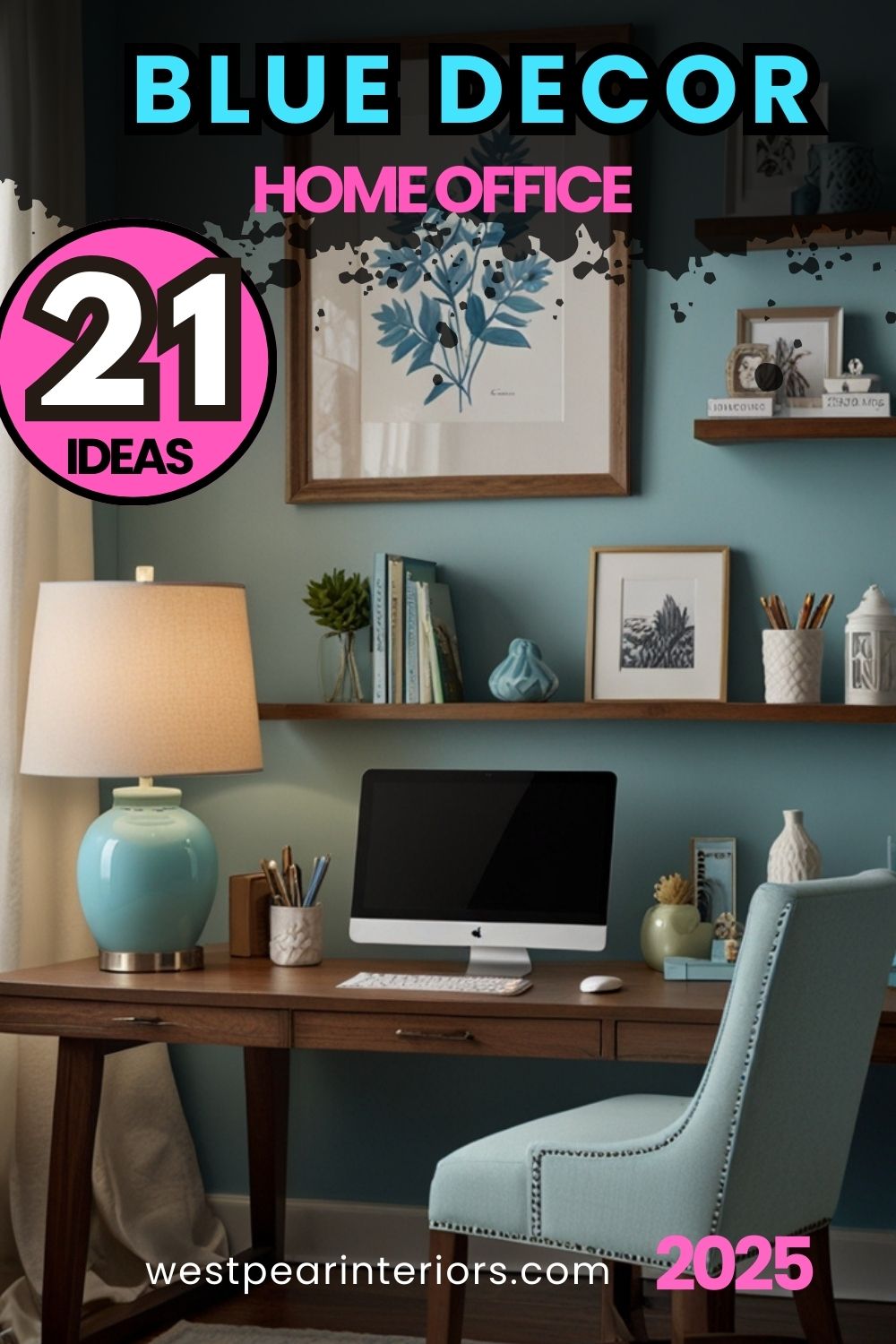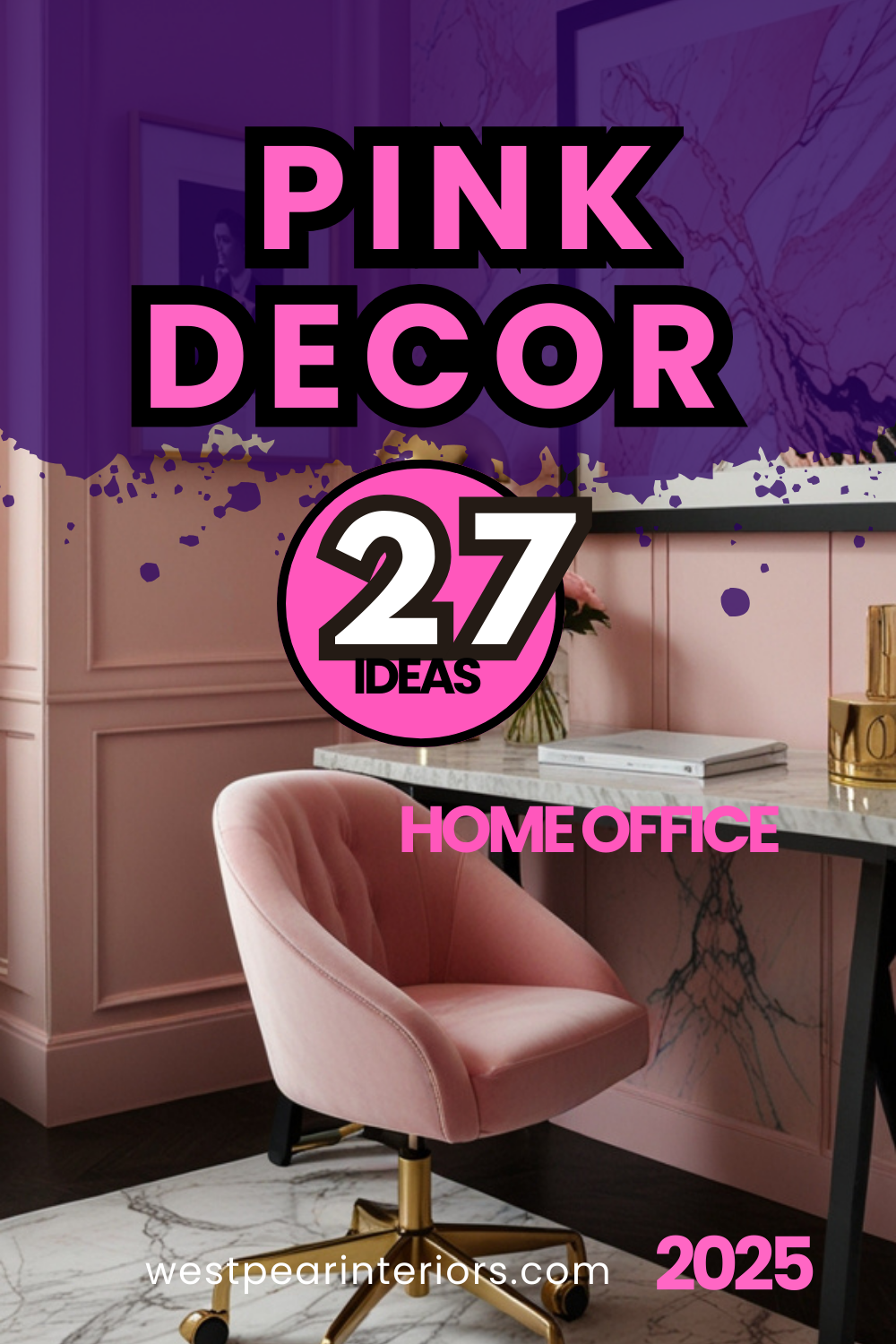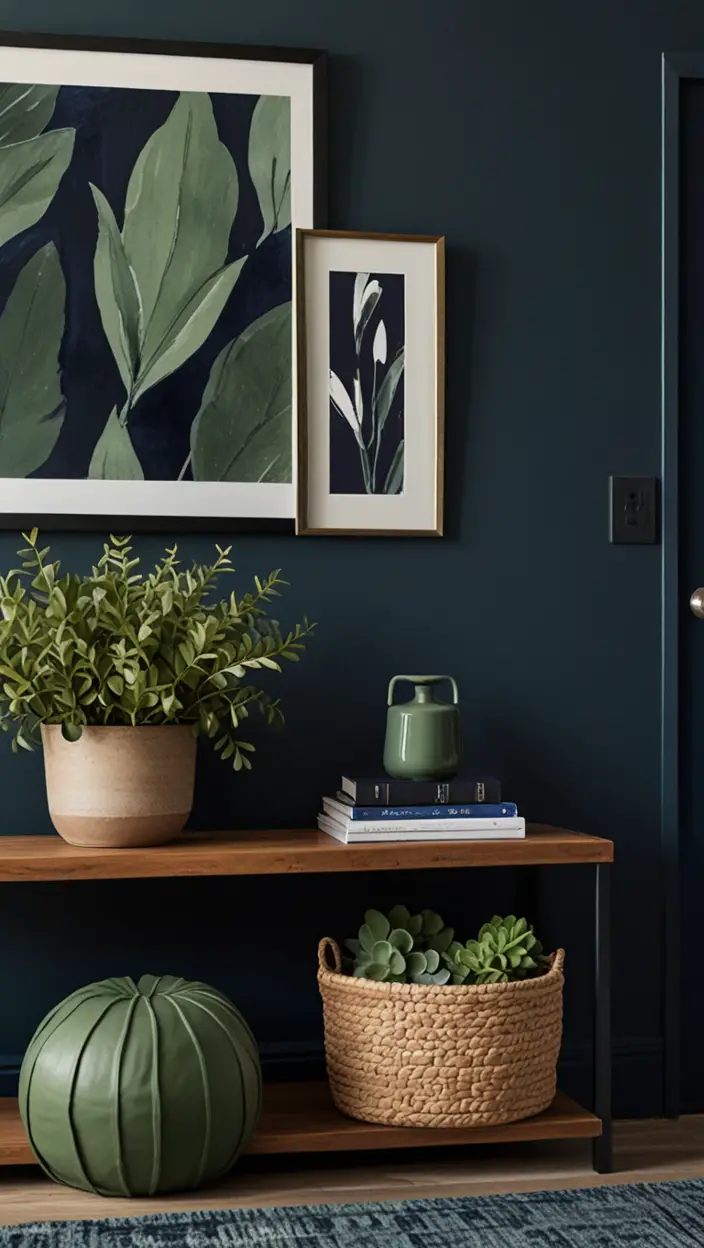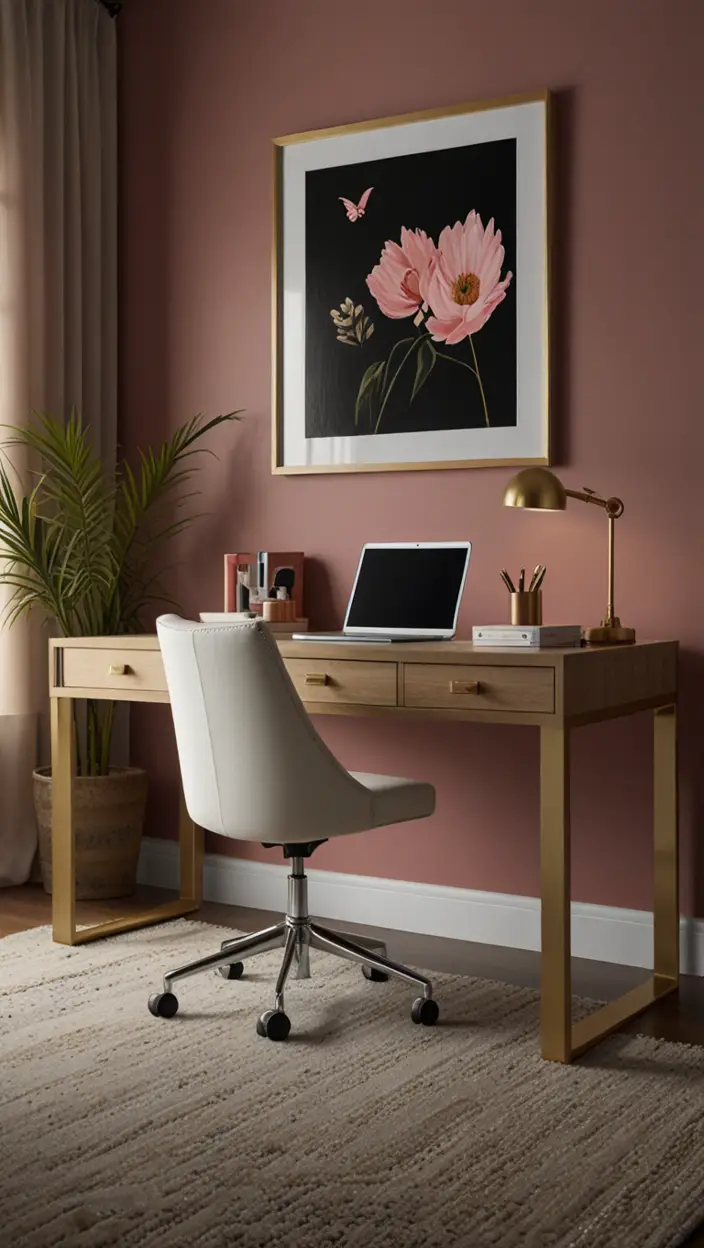Discover the key to seamlessly incorporating bold and neutral colors in your home office design. Maximize productivity and creativity effortlessly.
To balance bold and neutral colors in your home office, start by selecting a neutral base color for the walls and larger furniture pieces. This will create a calming backdrop for your workspace. Then, incorporate pops of bold color through accessories like throw pillows, artwork, or desk accessories. Consider using color wheel principles to ensure your bold and neutral colors complement each other harmoniously. Additionally, pay attention to lighting in your office space, as natural light can affect how colors appear. Experiment with different hues and shades to find the perfect balance that reflects your personal style and boosts productivity. Remember, a well-balanced color scheme can enhance creativity and focus in your home office.
To incorporate bold and neutral colors effectively in your home office, it’s crucial to strike the right balance between the two. Here’s how you can achieve harmony in your color scheme:
My Lovely Spring Paint for 2025
Ready for a Spring Makeover? Explore the Freshest 2025 Paint Trends!
White Sage/Green SW Pistachio green Soft blue Honeysweet/Orange Pink Sugar Sage Tint BMAs an Amazon Associate, I may earn a commission from qualifying purchases at no extra cost to you.
Using Bold Colors:
Bold colors can add vibrancy and energy to your home office, but it’s important not to overwhelm the space. Here are some tips for incorporating bold colors:
Start by selecting one or two bold colors as your main accents. These could be hues like deep navy, emerald green, or mustard yellow.
Use bold colors strategically on statement walls, furniture pieces, or decor items to create focal points in the room.
Consider adding bold colors through artwork, cushions, rugs, or curtains to introduce pops of vibrancy without dominating the space.
Mixing Different Shades:
Mixing different shades of bold colors can create depth and visual interest in your home office decor. You can combine contrasting or complementary hues to add complexity to the color palette. For example, pairing a bright red with a deep teal or a sunny yellow with a rich purple can result in a dynamic and balanced look.
Choosing a Balanced Color Palette:
To choose a color palette that balances both bold and neutral tones, consider the 60-30-10 rule. Allocate 60% of the room to a dominant neutral color like white, beige, or gray, 30% to a secondary color (which can be a bold hue), and 10% to an accent color for small decor items.
My fAV Spring DECOR for 2025
Discover Spring’s Best 2025 Decor Combinations – Perfect for Any Room!
Oversized Indoor Plants White Curved Sofas Rugs BOH Brown Cream Moroccan Hype Boho Rug Outdoor Patio Furniture Sets Topfinel Pillow CoversAs an Amazon Associate, I may earn a commission from qualifying purchases at no extra cost to you.
Selecting Complementary Furniture and Decor:
When selecting furniture and decor items for a bold and neutral color scheme, opt for pieces that complement both color families. For instance, a neutral-colored desk can be paired with a bold statement chair, or a bold-colored rug can anchor a room with neutral walls and furniture.
Color Combinations:
Certain color combinations work particularly well in a home office setting. Some classic pairings include navy and gold, emerald green and blush pink, or charcoal gray and mustard yellow. Experiment with different combinations to find what resonates with your personal style and the mood you want to create in your workspace.
Using Accent Pieces:
Accent pieces like throw pillows, artwork, vases, or desk accessories can be excellent tools for introducing bold colors into a predominantly neutral home office design. These items allow you to experiment with different hues and easily switch them out if you want to change up the color palette in the future.
When balancing bold and neutral colors in your home office, remember that the key is harmony. By layering different shades and tones thoughtfully, you can create a space that is visually stimulating, comfortable, and conducive to productivity.
### Key Takeaways:
– Start by selecting one or two bold colors as your main accents.
– Mix different shades of bold colors for depth and interest.
– Use the 60-30-10 rule for a balanced color palette.
– Select furniture and decor items that complement both bold and neutral tones.
– Experiment with color combinations to find what works best for your home office.
– Introduce bold colors through accent pieces for added flair and flexibility.

